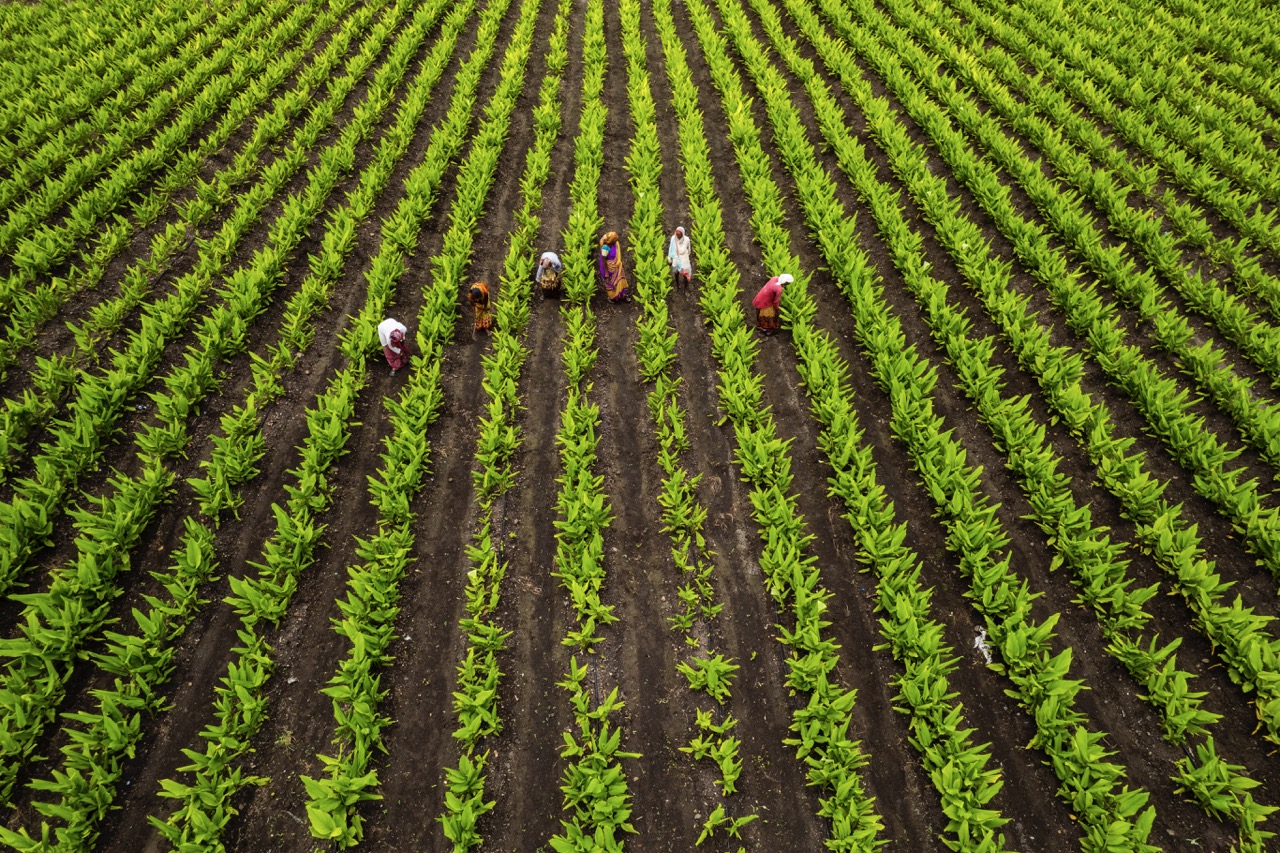Starting a poultry farming operation can be a rewarding venture, both financially and personally. With the global demand for poultry products on the rise, entering this industry can lead to a sustainable source of income. However, it requires a solid understanding of the nuances involved in poultry farming, from the types of poultry to the legal regulations that govern the industry. In this article, we will explore the essential aspects of starting your own poultry farming operation, covering the basics of different types of poultry, necessary equipment and infrastructure, breed selection, and navigating the relevant regulations.
Understanding the Basics: Types of Poultry Farming Explained
Poultry farming primarily involves raising domesticated birds for the purpose of producing meat or eggs. The two most common types of poultry farming are broiler farming, which focuses on the production of meat, and layer farming, which is aimed at egg production. Each type has its own unique practices and requirements, making it crucial for new farmers to understand their specific needs and operational dynamics.
In addition to broilers and layers, some farmers may choose to raise specialty poultry such as turkeys, ducks, or quails, each offering distinct market opportunities and challenges. Specialty farming can diversify product offerings and potentially lead to higher profit margins, but it also requires a thorough understanding of the unique care and feeding requirements of these birds.
Ultimately, the choice of poultry type will depend on various factors, including market demand, available resources, and personal interest. Conducting market research to assess local demand can provide valuable insights into which type of poultry farming might be the best fit for aspiring farmers.
Essential Equipment and Infrastructure for Poultry Farming
A successful poultry farming operation requires appropriate equipment and infrastructure to ensure the health and productivity of the birds. Essential supplies include housing, feeding systems, water supply systems, and waste management solutions. Poultry houses should be well-ventilated, insulated, and designed to protect the birds from extreme weather conditions and predators.
Feeding systems can vary based on the scale of the operation, ranging from manual feeding methods for smaller farms to automatic feeders for larger scale operations. Access to clean, fresh water is critical, as poultry require a significant amount of water to thrive. Furthermore, establishing a proper waste management system is vital for maintaining hygiene and preventing disease outbreaks.
Investing in high-quality equipment may require significant initial capital but can lead to long-term savings and enhanced productivity. As operations scale, automating certain processes can save time and reduce labor costs, making it essential to plan the infrastructure and equipment needs carefully from the outset.
Choosing the Right Breeds: Factors to Consider for Success
Selecting the right breeds is a crucial decision that can significantly impact the success of your poultry farming operation. For broiler farming, popular breeds such as the Cobb 500 and Ross 308 are known for their rapid growth rates and feed efficiency. On the other hand, layer farmers often opt for breeds like the Leghorn or Hy-Line Brown, recognized for their high egg production and adaptability.
When choosing breeds, farmers should also consider factors such as climate adaptability, disease resistance, and growth rates. For example, certain breeds may excel in specific environmental conditions, making them more suitable for particular regions. Additionally, understanding the market demand for specific poultry products can guide breed selection and ensure profitability.
Finally, it’s essential to source chicks or eggs from reputable breeders to ensure health and productivity. Investing in quality stock can lead to better performance and lower mortality rates, ultimately contributing to the success of the poultry farming operation.
Navigating Regulations: Legal Requirements for Poultry Farms
Entering the poultry farming industry requires compliance with various regulations that govern agricultural practices. These legal requirements can vary by country and region, so it is crucial for aspiring poultry farmers to familiarize themselves with local laws. Common regulations pertain to animal welfare standards, environmental compliance, and food safety measures.
Farmers may need to obtain licenses or permits before starting their operations, which often involve inspections to ensure adherence to health and safety standards. Additionally, understanding zoning laws is vital, as some areas have restrictions on livestock farming, particularly in urban or suburban settings. Consulting with local agricultural agencies can provide guidance on the necessary permits and compliance requirements.
Moreover, farmers should stay informed about any changes in regulations that may impact their operations. Joining local agricultural associations or networks can offer access to resources, support, and ongoing education about best practices and compliance in the poultry farming sector.
Starting your own poultry farming operation can be a fulfilling endeavor, provided you approach it with the knowledge and resources necessary for success. By understanding the types of poultry farming, investing in essential equipment, selecting the right breeds, and complying with legal requirements, you can set a solid foundation for your venture. As the poultry industry continues to grow, being well-prepared will enable you to navigate challenges and seize opportunities in this dynamic market. With careful planning and dedication, your poultry farming operation can thrive, contributing not only to your livelihood but also to food security in your community.









